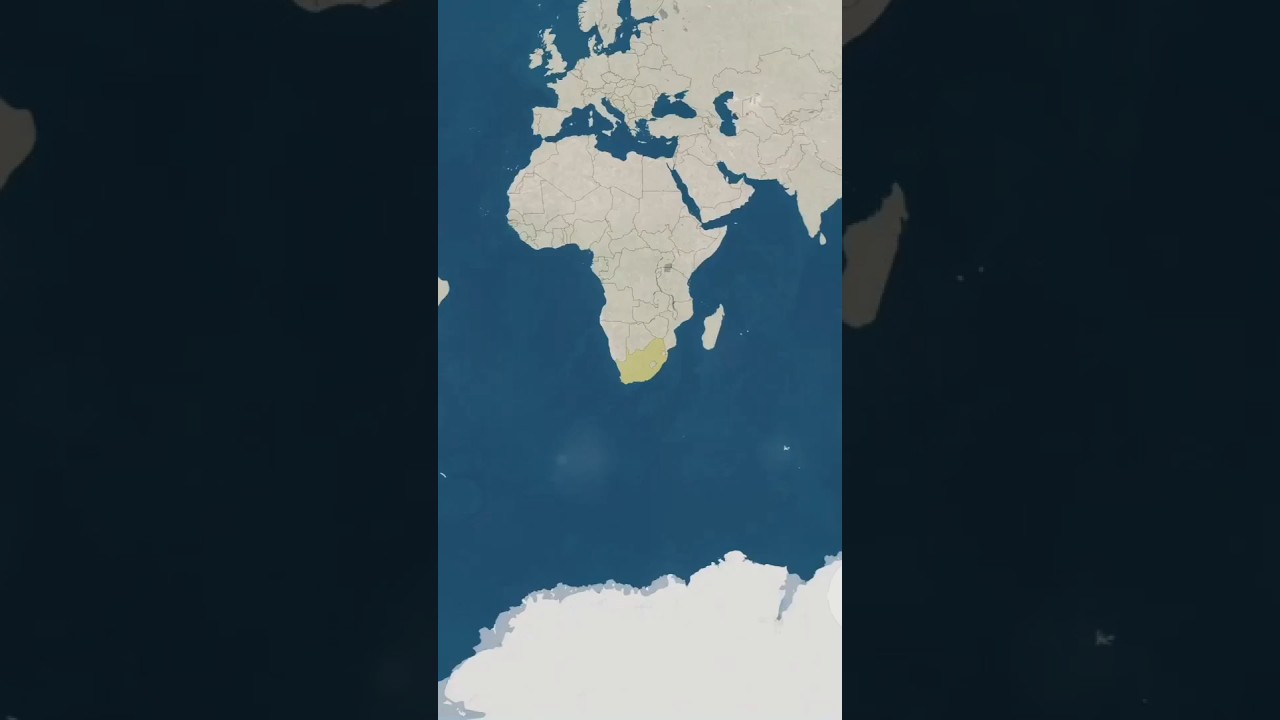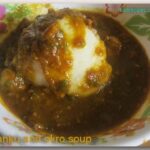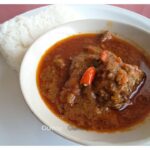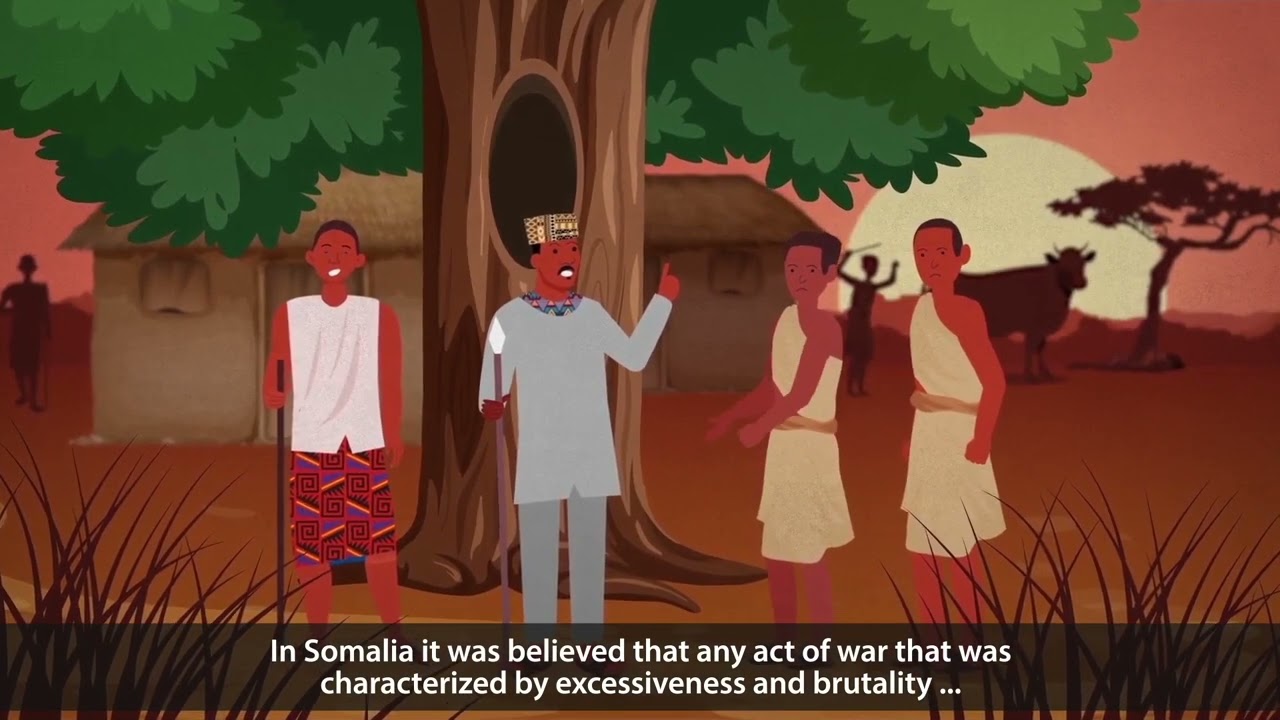Orania is a small, privately-owned town in South Africa, located in the Northern Cape province. It was established in 1991, during the final years of apartheid, by a group of Afrikaner nationalists. Orania is unique because it is predominantly inhabited by white Afrikaners who adhere to the Afrikaans culture and language.
Background and Motivation:
Cultural Preservation: The founders of Orania aimed to create a community where Afrikaners could preserve their culture, language, and traditions in a rapidly changing South Africa. They were concerned about the future of Afrikaner culture in a post-apartheid society.
Self-determination: Orania operates on principles of self-determination, with its own local government and community services. The town has a cooperative economy and aims to be self-sufficient.
Legal Framework: Orania is not officially recognized as an independent state; it is a privately-owned town within South Africa. The town’s policies of selective residence are based on private ownership and association, allowing it to maintain a majority Afrikaner population.
Controversy and Criticism:
Orania’s existence and policies have been controversial, with critics accusing it of being a form of segregation or even racism. The town’s residents, however, argue that their intention is not to exclude others but to maintain their cultural heritage.
Current Status:
As of now, Orania remains a small community with a population of a few thousand people. It has its own local governance and services, and it continues to attract Afrikaners who seek to live in a community that emphasizes Afrikaans culture and self-reliance.
source












